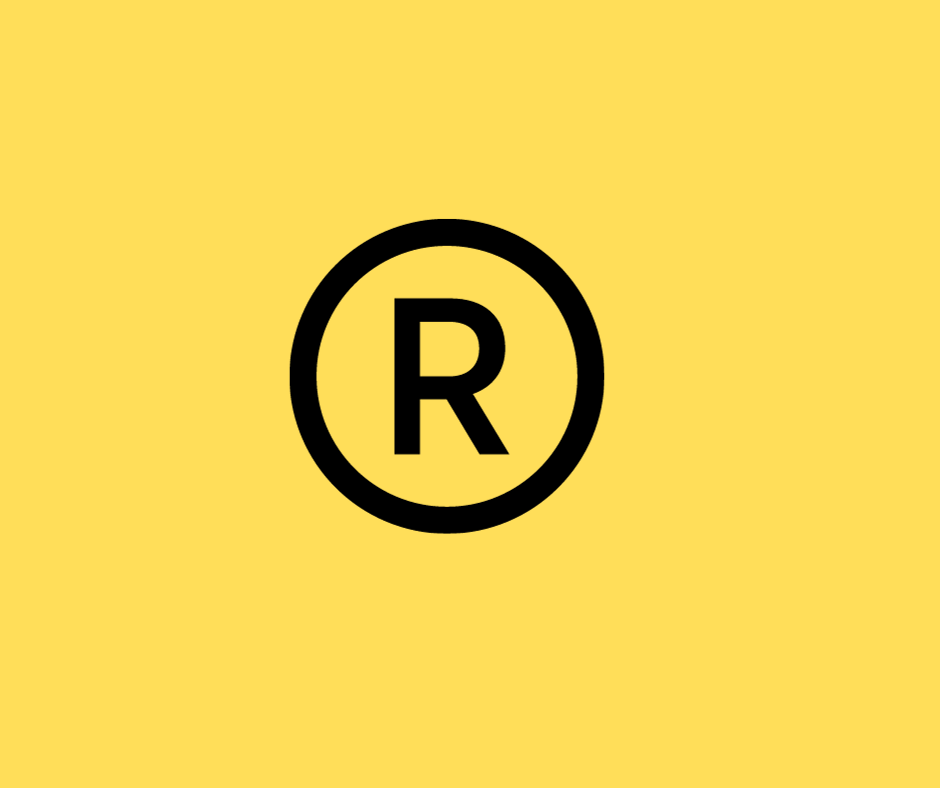HOMENEWS & INSIGHTS
Trade mark Ownership: Should You or Your Business Entity Be the Owner?
You may already know that a trade mark is a legal symbol representing your unique brand, product, or service. It’s crucial to protect your trade mark from misuse or infringement. One question that will arise when applying to register your trade mark is who should be the owner of your trade mark – you personally or your business entity (a private limited company or an LLP for example). For simplicity and the purpose of this article, we will refer to a company when we discuss a registered entity.
In general terms, it is advisable to tie the trade mark’s ownership to whoever will be using it in trade and most often this means applying for a trade mark in the name of the company. You will not be able to enforce your trade mark under a name which is different to the registered owner. This is one of the first points that must be considered and usually infers who the owner should be from the outset. However, there are other factors to consider, and this article will set out some of the pros and cons of both options to help you make a more informed decision.
Option 1: Personal Owner
If you’re a sole proprietor, you may want to register your trade mark under your name as a personal owner. Some benefits of this option include:
- Control – as the owner of the trade mark, you have complete control over the registration, maintenance, and enforcement of your trade mark.
- Flexibility – often new entrepreneurs prefer to register the trade mark in their personal name first whilst they are in the process of setting up their company or trialling whether the business takes off. Whilst this is logical, if there is growth in your business, you should be considering whether you should be registering a company and changing ownership from you personally.
- Easy recognition – your brand name and personal name would be associated with each other, making it easier for people to recognise and remember your brand. This is usually the case if your business is your name or similar for example.
However, there are also some cons to consider:
- Limited liability – as a sole proprietor, you are solely responsible for debts or legal issues related to your business, which can put your personal assets at risk. This is a huge concern and one of the biggest reasons to register a company if not already and use the company as the owner.
- Enforcement – as mentioned above, if you are not personally providing the goods and / or services which your trade mark is registered, your company is instead, then you will not be able to enforce your mark in your name.
Option 2: Business Entity Owner
If you have a registered company, it is likely you will choose the company to be the owner. Some benefits of this option include:
- Asset protection – your personal assets are separate from your business assets, so any legal issues or debts related to your business won’t affect your personal finances.
- Easier to licence trade marks – you often find businesses (rather than individuals due to other complexities involved and operating on a larger scale) license their trade marks to other businesses or within their group to use their trade marks. If this is something you will be doing as part of your business, it is easier for the company to be the registered owner.
- Professional image – owning a trade mark as a business entity adds a level of professionalism to your brand and may show you’re serious about your business.
However, there is a potential downside:
- Limited control – your business entity is the owner of the trade mark, not you personally. Therefore, decisions about the trade mark are made by the entity’s board of directors.
In summary, whether to register your trade mark under your personal name or your company depends on several factors such as the nature of your business and personal liabilities. Generally, we recommend registering it in your company name if you have one set up, and if you do not, we can assist you with that as well. It’s essential to consider all options and we can discuss this in more detail with you if you are interested.
The above focuses on trade mark registration, but the same can apply to design and patents as well. However, our assumption is where clients are looking to register patents and even designs, you are operating on a larger scale and for many other reasons should have a company in place who would be the owner.
If you are considering registering your trade mark and want to know more, please contact one of our Intellectual Property experts.
Share article
Our offices
Contact Us
5 Poole Road
Bournemouth
Dorset
BH2 5QL
Tel 01202 377800
9 Poole Road
Bournemouth
Dorset
BH2 5QR
01202 377800


